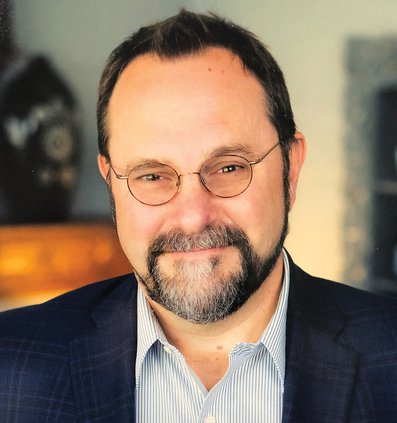Does closing our schools pass the common sense test?
Across the country, schools are closing their doors. This will come at great cost. We are about to learn just how important a role our schools play in knitting our communities together. Daily, the student body of each school acquires a vast amount of new knowledge. The students learn new skills from singing to speaking another language, from solving for “x” to creating persuasive arguments. They learn social skills from one another that will help them to function as adults. After-school events like football and basketball games, spelling bees and open houses give families the chance to come together. Our schools are also food distribution centers. Every child can count on access to a healthy breakfast and lunch. And we cannot forget, schools make it possible for parents to work during the school day. The economic, social and educational costs of closing schools are potentially enormous.
I have friends who believe this is a decision based on panic. They point to the seasonal flu, which is more prevalent and has routinely killed many more people than COVID-19 has thus far. They are comforted by their own experience. They remember other times that the experts warned about the sky falling. Nuclear holocaust, Y2K, SARS and Ebola were all potential crises that seemed to dissolve away. None of them seemed to have a lasting impact on the way we live.
Given the costs to our communities and our lived experience, does closing our schools pass the common sense test?
It depends on the impact your middle school math teacher had on your common sense. Bear with me.
Currently, research suggests that the transmission rate of COVID-19 is higher than 2.0. That means every infected person will infect two or more people.
This is where your math teacher comes in. She may have told you about the old man who crafted a beautifully carved and bejeweled chess board that he gave to the emperor of China. The emperor was so pleased he allowed the man to choose his own reward. The old man’s request was simple and seemed humble. He asked for a single grain of rice to be placed on the first square for him to take home. The next day, double the amount should be placed on the second square for the old man, then doubled again on the third day. After 64 days, the emperor’s debt would be paid. Your math teacher used this story to demonstrate the power of exponential growth.
Let’s think of the math in modern terms. If we start with one grain of rice on the first square, we will have two on the second day, four on the third day, then eight, then 16. By the time we get to the last square of the first row, we only have 128 grains of rice. A small child can hold this in her hand.
Continuing to the second row, we have 256, 512, 1,024 — until we get to the last square of the second row. It’s only six cups of rice! You likely have more than that in your cupboard. The last square of the third row still has a manageable amount of rice. It would not even fill up the dryer in your laundry room.
But the numbers are growing. The last square on the fourth row would completely fill up the largest truck that U-Haul rents. The last square of the fifth row would fill 44 of the big Underdog balloons from the Macy’s Parade.
See the pattern? The last square of row six would overflow the Great Pyramid of Giza. The final square’s allotment of rice would fill the Dead Sea with rice left to fill Lake Lanier several times over.
Translate these numbers to the COVID-19 pandemic. In the early days, exponential growth seems manageable. But as the days wear on, the numbers will become astronomical and our health care system will be overwhelmed. And if the fatality rate is only seven times that of the seasonal flu, the number of deaths in our country will be counted in the millions.
Closing our schools, ending sports seasons, canceling large events — this is absolutely the common sense approach to this crisis. And these things must be done sooner rather than later.
Locally, we can all be proud of the steps our schools are taking to keep their place as essential hubs in their communities. Teachers will be hard at work, delivering meaningful online instruction to our children. Our cafeteria staffs will be busy cooking meals and our bus drivers and other staff will be busy delivering them.
For a time, this will be our new normal. No doubt, we will come out the other side in good shape. Hopefully, we will look back and count this crisis no worse than Y2K and SARS. If so, it will be because we applied good common sense to make good decisions in a timely fashion.
Chuck Bennett is an assistant principal at Chestatee Academy and has degrees from the University of North Carolina at Chapel Hill and University of North Georgia

